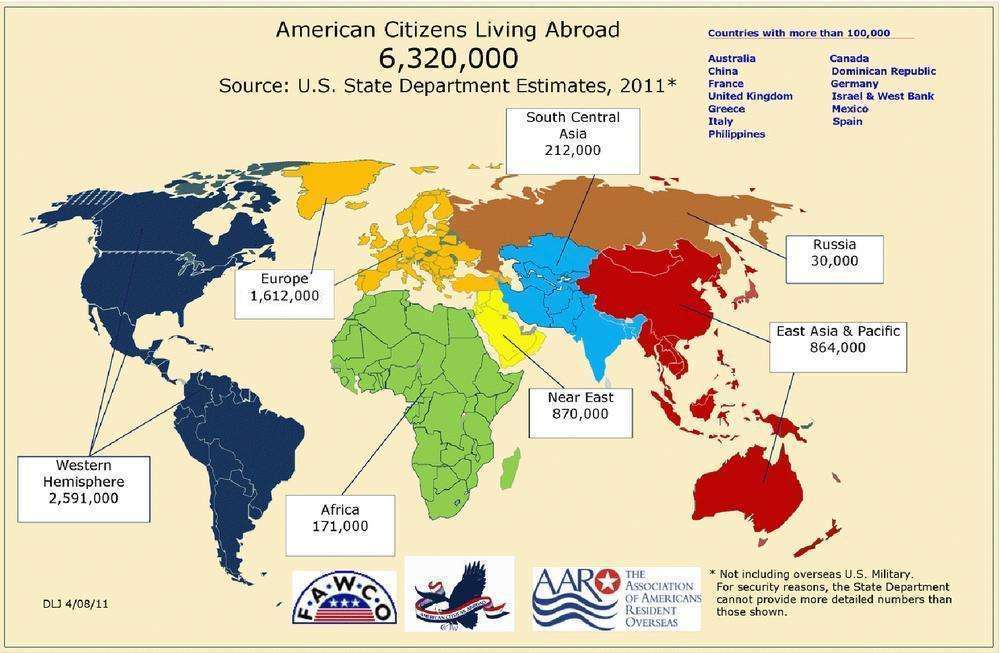The basics of a Will are pretty much the same in any jurisdiction in the World. The document needs to identify the person making the Will, describe the distribution of the estate, and be signed in the presence of two witnesses. It should also ideally name an Executor or estate administrator to carry out the instructions in the Will.
If a Last Will and Testament is that simple, you would think that a Will written in any jurisdiction would be accepted in any other jurisdiction, but unfortunately things are not as simply as that. Our partner websites at LegalWills.ca, USLegalWills.com and LegalWills.co.uk all offer interactive Will services that are very different from each other, even though the over-riding principles are the same. In fact, the Canadian and US services adapt the final document and help text across different States or Provinces.
With every jurisdiction having slightly different laws, there was an attempt in 1973 to harmonize estate planning law with the creation of an “International Will”. Under the “Convention providing a Uniform Law on the Form of an International Will” or the “Washington Convention” a set of minimum requirements was established for a legally accepted Will through the Uniform International Wills Act. The idea being that any Will written that complies with these minimum requirements, would be accepted by any jurisdiction that signs up to the convention.
Important clauses in the Washington Convention
According to the Uniform International Wills Ast, to be a valid international Will, a Will must;
- Be made in writing
- It need not be written by the testator
- It can be written in any language
- It must be signed and dated in the presence of two witnesses
Sadly, the international legal community didn’t really jump at the idea and an international Will is currently only accepted in Belgium, Bosnia, Ecuador, Herzegovina, Canada (except BC and Quebec), Cyprus, France, Italy, Libya, Niger, Portugal, and Slovenia, as well as 23 US States.
The issue of language in Wills
In general, we recommend that you write a Will for each jurisdiction in which you hold assets, which may be a problem if you are an English speaker in a non-English country. You should understand the contents of your own Will, but it is likely that in order to comply with local laws, your Will would have to be written in the local language. If it was more widely adopted, an International Will would be a good option to overcome the language barrier.
Why we don’t recommend an International Will
The legal language of the International Will convention sets out what it required to formalize a Will, but it doesn’t describe any content of the document. To be a well-drafted Will, the document would typically be at least 5-6 pages and include more than 20 clauses. The Will has to revoke previous Wills, appoint an Executor with an alternate. It then has to describe the distribution of the estate, with alternate and residual plans.
It is at this point, the Will starts to become complicated. Different jurisdictions have their own laws as to what can and cannot be done within a Will, for example whether a spouse or adult child can be disinherited (this actually varies across US States and Canadian Provinces) and how the disposition of real estate is handled. There are also different laws limiting bequests to minors and the definition of a minor.
How to prepare a Last Will and Testament for different jurisdictions
Wills written under the laws of different jurisdictions start to diverge when setting up trusts for minors, guardians for minor children, and when they describe powers to the Executor or Trustee. However, all of these clauses need to be included in a well-drafted Will. This is why, if all of your assets are held in Thailand, it is a bad idea to prepare a Will written under the laws of Michigan. And an “International Will” is not going to help you because Thailand is not a signatory to the Washington Convention.
A Will written to comply with the Uniform International Wills Act does not necessarily meet the requirements of a well drafted Last Will and Testament and is not a solution for any expat living overseas. Preparing two standard Wills is unfortunately also not the answer as they must be carefully drafted to avoid revoking each other.
Using our service you are able to prepare a Will to cover your assets held in the US, Canada or UK, that can complement any Will written within your local jurisdiction. If you do not own any material assets in your new country of residence, then our expat Will is the only Will you would need, but if you do start to establish a new life in your new country, then you would need an additional Will to cover your new assets.
It is no longer unusual to own assets in multiple countries, and many people feel that an “International Will” is the answer to their estate planning needs. However, the best option for now remains the drafting of multiple complementary Wills including an “Expat Will”.
- Am I too young to write a Last Will and Testament? - May 25, 2017
- Confused about Wills? Unusual expressions demystified. - July 21, 2016
- How to write a legal Will – the signing process - May 20, 2016







